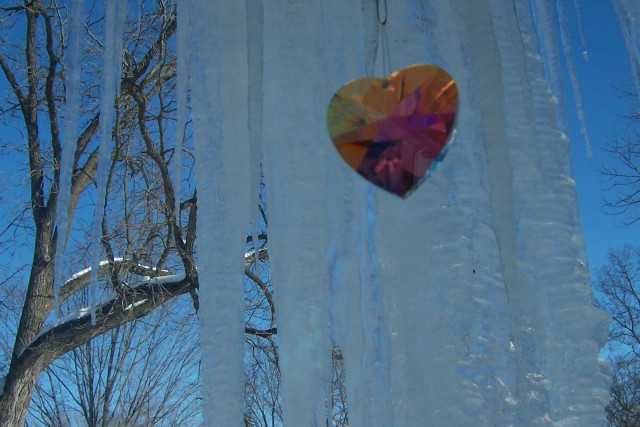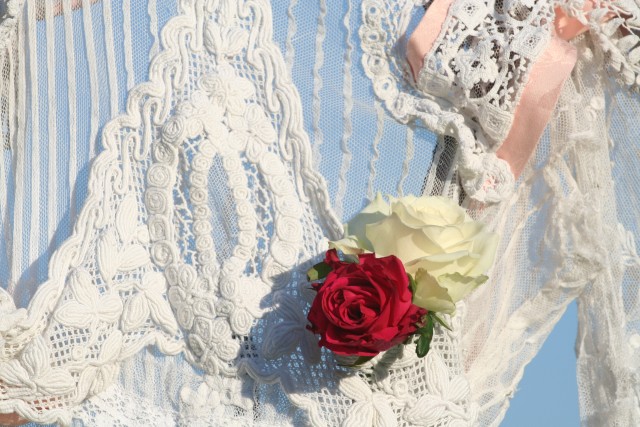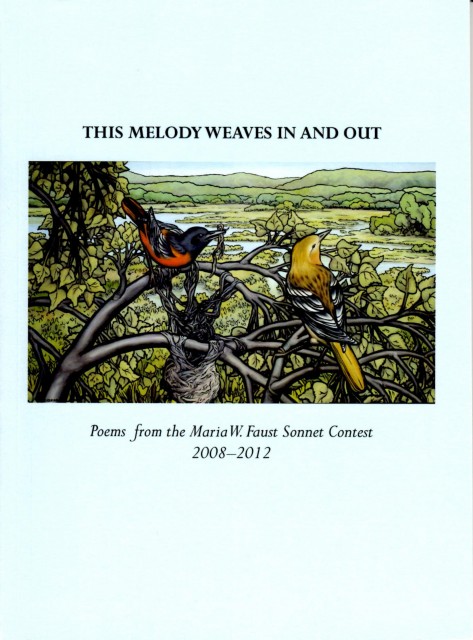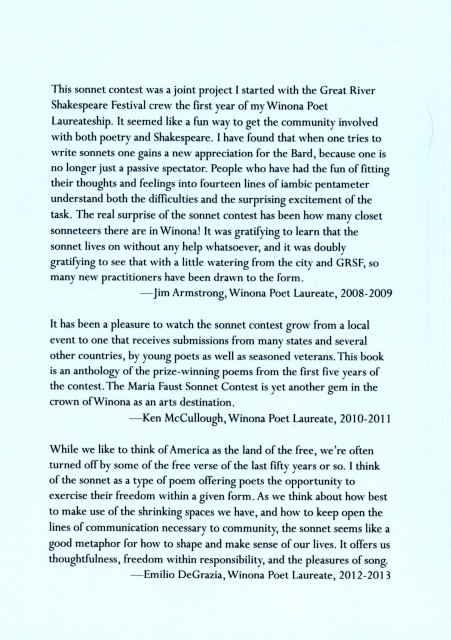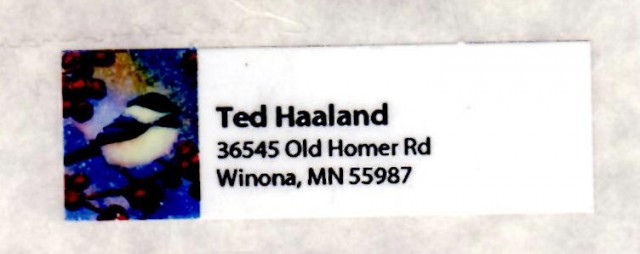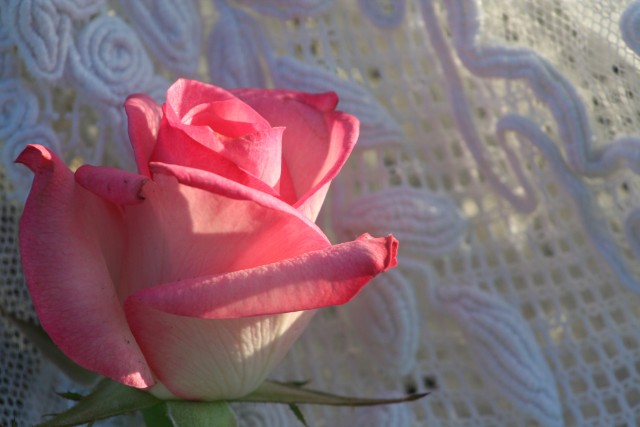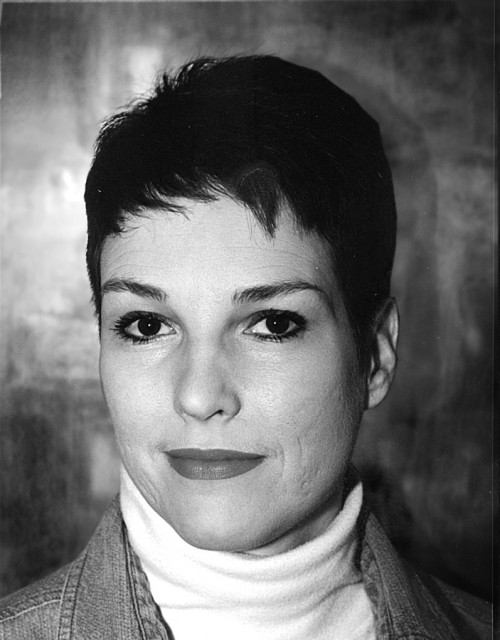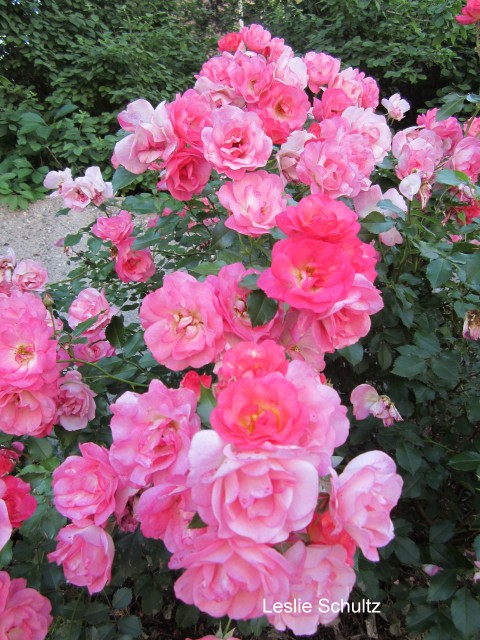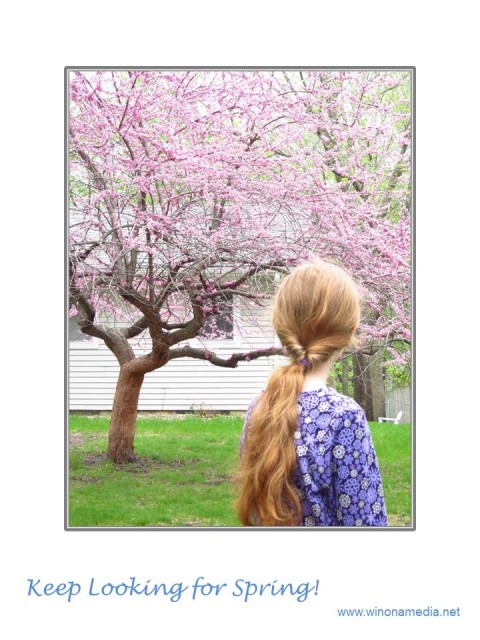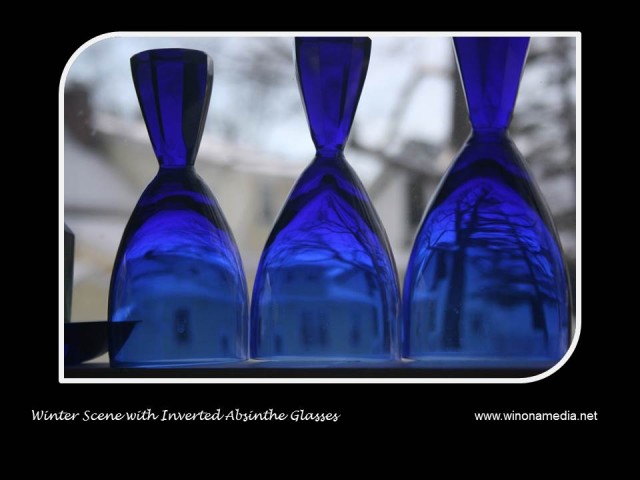In the post I just published, “In Celebration of Sonnets”, there is a new feature: audio clips of me reading the first four sonnets. This did not translate into email, at least not in my inbox. It is there on the website: www.winonamedia.net. To find the post with ease, return to the original emailed post and just click on the blue headline!
Monthly Archives: March 2014
In Celebration of Sonnets: Sonnets by William Shakespeare, William Wordsworth, & Leslie Schultz; Maria W. Faust Sonnet Contest 2014
I love sonnets. I have been writing them since I was in college. I respond to and create both the two dominant classic forms, Shakespearian and Petrarchan, and have attempted a few Spenserian sonnets. I have a whole host of fourteen-line poems that are variously sonnet-like, and discerning readers will have noted that the poem I published here last December, entitled “Winter Walk”, was an entwined double sonnet of my own devising. Some years ago, at the turn of the year, I was able to channel the grief I felt at the anniversary of my father’s death into art: in the space of twenty-four hours, I found I had written a five-sonnet sequence.
Why sonnets? They are the perfect size to establish, develop, and then reverse or sum up an idea. With fourteen lines of iambic pentameter one has 140 syllables at one’s disposal. A poet whose work I revere, and was very kind to me as a mentor, Amy Clampitt, told me that when she had a poem that was going on and on and she couldn’t tell where the heart of it was, she would try writing it as a sonnet, because that always clarified the essence of the work at hand. I enjoy the rhymes or slant rhymes, depending on the choices of the poet–I especially love to read a poem and then review it to realize it is a sonnet when I didn’t first observe that because the rhyme and enjambment was so skillfully handled. I also love the turn a sonnet reliably provides. Sonnets have enough room to be discursive, even chatty, but they are also succinct. They take just over one minute to recite slowly, with expression.
When Tim and I married, we included a favorite by Shakespeare in the service.
Sonnet CXVI
The World is Too Much With Us
2014 Maria W. Faust Sonnet Contest: Deadline
As many of you know, the 2014 Great River Shakespeare Festival/Maria W. Faust Sonnet Contest is now open. Full Contest rules and details are found at GRSF.org/SONNET. This contest is now in its seventh year. For sonnet writers all over the globe, it is a wonderful chance to compete in a range of sonnet formats and tones–from Shakespearian, Petrarchan, and non-traditional metrical and rhyme schemes, from straight-forward love poems to humorous observations, story-telling, and impassioned social commentary.
Contest organizer, poet Ted Haaland, has edited a beautifully made anthology of the sonnets from the first five years of the competition (2008-2012).
This Melody Weaves In and Out, showcases the possibilities of the sonnet form. Copies are available for $10.00 (postage included), and proceeds are added to the pool of prize money for future sonnet contest winners. If you’d like your own copy–to inspire your own sonnets or simply to enjoy–send a check for $10 and your mailing information to:
Ted also says, “This year, to mark this 7th annual Contest, the 3rd in memory of Maria, you are invited to join us at a Sonnet Contest “Kick-Off” event on Saturday, April 26th (during National Poetry Month) beginning at 11 AM, at Jefferson Pub and Grill’s 2nd floor meeting room, here in downtown Winona on Center Street. This is a free event, and is held on the last day of the Mid West Music Fest. Room seating capacity is around 60, and since this event is a first for us, we’ve no idea how many to expect, so we encourage promptness. This is an opportunity for some of us to learn about sonnets, and others of us to read sonnets,either their own or those of favorite poets. We anticipate that Winona’s present and past Poets Laureate will be attending. We will have a drawing for a book of collected sonnets spanning several hundred years, and, of course, coffee and snacks will be available. Since some of us can’t seem to avoid rhyming, we say, ‘Come & celebrate Will’s skills with quills.'”
Tintern Church of England School for Girls
(Melbourne, 1973)
With plaits and dresses neat, we stand
to see the sheep and shearer meet.
We have our cotton gloves in hand
to fan away November’s heat,
and we pull our stockings to our knees
while Third Form herds its project in.
The black-faced ewe weights down the breeze;
her rank coat makes the shearer grin.
“Stand and deliver!” He grabs the ewe,
wrapping her legs in one strong hand.
His shears are rough and bite a fold
Of clumsy skin. As bright as dew
The blood drops bead, then scatter on the sand.
Despite the heat, I shiver, shorn and cold.
Leslie Schultz
The above sonnet was written some years ago, and it is based on a memory of an enrichment event at an Australian girls’ school I attended. (Interestingly, I never heard anything about Wordsworth’s masterpiece, its long title usually abbreviated “Tintern Abbey”, until I was a senior in college.)
I entered it in the Maria W. Faust Contest in 2013 and was awarded a prize. I have already addressed an envelope for this year’s submission, and am listening intently. I have several sonnets that I might send, but if I catch wind of an engaging iambic pentameter line, who knows, I might find myself with an even better candidate. Stay tuned! Better yet, try your hand at a sonnet and send it in to the contest!
Portrait of Maria W. Faust
“So long as men can breathe or eyes can see,
“So long this lives and this gives life to thee.”
(William Shakespeare, Sonnet XVIII)
Thank you for reading this! If you think of someone else who might enjoy it, please forward it to them. And, if you are not already a subscriber, I invite you to subscribe to the Wednesday posts I am sending out each week–it’s easy, it’s free, and I won’t share your address with anyone!


